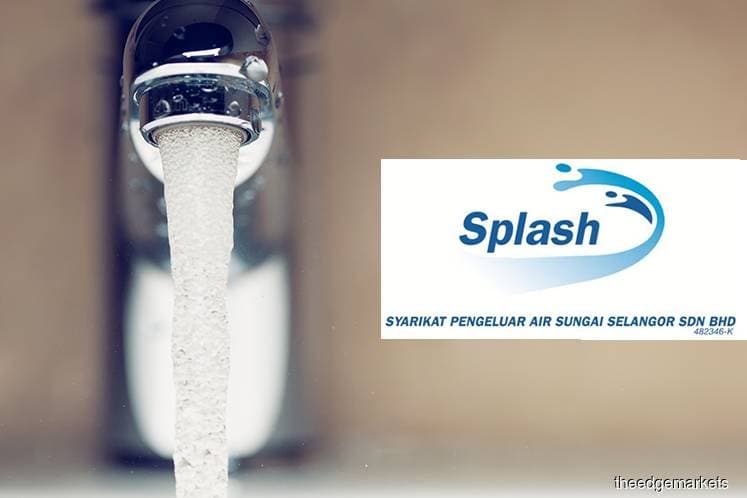
This article first appeared in The Edge Financial Daily on March 15, 2018
KUALA LUMPUR: Gamuda Bhd’s 40%-owned Syarikat Pengeluar Air Sungai Selangor Holdings (SPLASH) has warned Klang Valley residents of the possibility of another water disruption after its operation and maintenance (O&M) operators were slapped with legal claims from Tenaga Nasional Bhd (TNB) over unpaid electricity bills amounting to RM75 million.
In a statement yesterday, SPLASH said its O&M operators Sg Harmoni Sdn Bhd (SSP1) and Gamuda Water Sdn Bhd (SSP3) — an 80%-owned unit of Gamuda — have been sued by TNB for recovery of unpaid electricity bills of RM36 million and RM39 million, respectively.
Owing to the unpaid bills, TNB has also threatened to cut the power supply to SPLASH’s plants.
“We would like to highlight another risk of the potential power disruption to our plants,” SPLASH said.
SPLASH observed that Syarikat Bekalan Air Selangor Sdn Bhd’s (Syabas) new administration had reduced payment to SPLASH to about 36% of billings.
“At that level, it was no longer possible for SPLASH O&M operators to pay TNB bills, chemical costs and other overheads.”
The change in payment occurred shortly after Pengurusan Air Selangor Sdn Bhd’s (Air Selangor) acquisition of water companies, Syabas, Puncak Niaga Sdn Bhd and Konsortium Abass Sdn Bhd in 2016.
“Prior to Air Selangor taking over Syabas, SPLASH operators had been able to fully settle all TNB bills,” SPLASH said, adding if Syabas/Air Selangor as a group were short of cash, they should seek a cash injection from the state government rather than to “penalise SPLASH”.
In response to comments about the water disruption last Tuesday at the Sungai Selangor Phase 3 (SSP3) Bukit Badong plant that affected over 500,000 households, SPLASH said it was a result of stress at the elbow joints, primarily due to continuous overloading of the system, that caused the bursting of the surge vessel system.
Over the past few years, SPLASH said, it had written several letters to the state government to highlight that its plants were not designed to operate beyond the design capacity on a long-term basis.
“Doing so would cause intrinsic damage to the plants and it would pose a high risk of unexpected breakdowns.”
SPLASH said it has a total of 10 pumps on site and only five pumps are needed to produce treated water to its “overloaded capacity,” while the other five pumps were spares.
“Therefore, the fact that the other four pumps were under repair during the incident was inconsequential and totally unrelated to the incident or the operations of the plant.”
On comments by opposition lawmaker Charles Santiago that the water regulator National Water Services Commission (SPAN) was responsible for monitoring SPLASH’s service quality, SPLASH said it provided regular progress updates to officials from SPAN and Air Selangor who were on site to help monitor the works.
“SPLASH has always carried out its scheduled maintenance work and has been regularly audited by SPAN, the latest being in 2017.”
According to SPLASH, the public dissemination of regular updates was the responsibility of Air Selangor as the water distributor.
It contended that in spite of having to suffer “chronic underpayment,” it had committed to ensuring uninterrupted water supply as it has been called to regularly fulfil 110% of its supply commitment while receiving payment of 36% of its billings.
“When Hannah Yeoh (Selangor State Assembly Speaker) and Charles Santiago rushed to lecture on responsibility and apportion blame, they must be blissfully uninformed.”
SPLASH operates and maintains three major water treatment plants, namely SSP3 Water Treatment Plant Rasa (250 million liters per day [MLD] capacity), SSP3 Water Treatment Plant Bukit Badong (800 MLD capacity) and SSP1 Water Treatment Plant at Bukit Badong (950 MLD capacity).